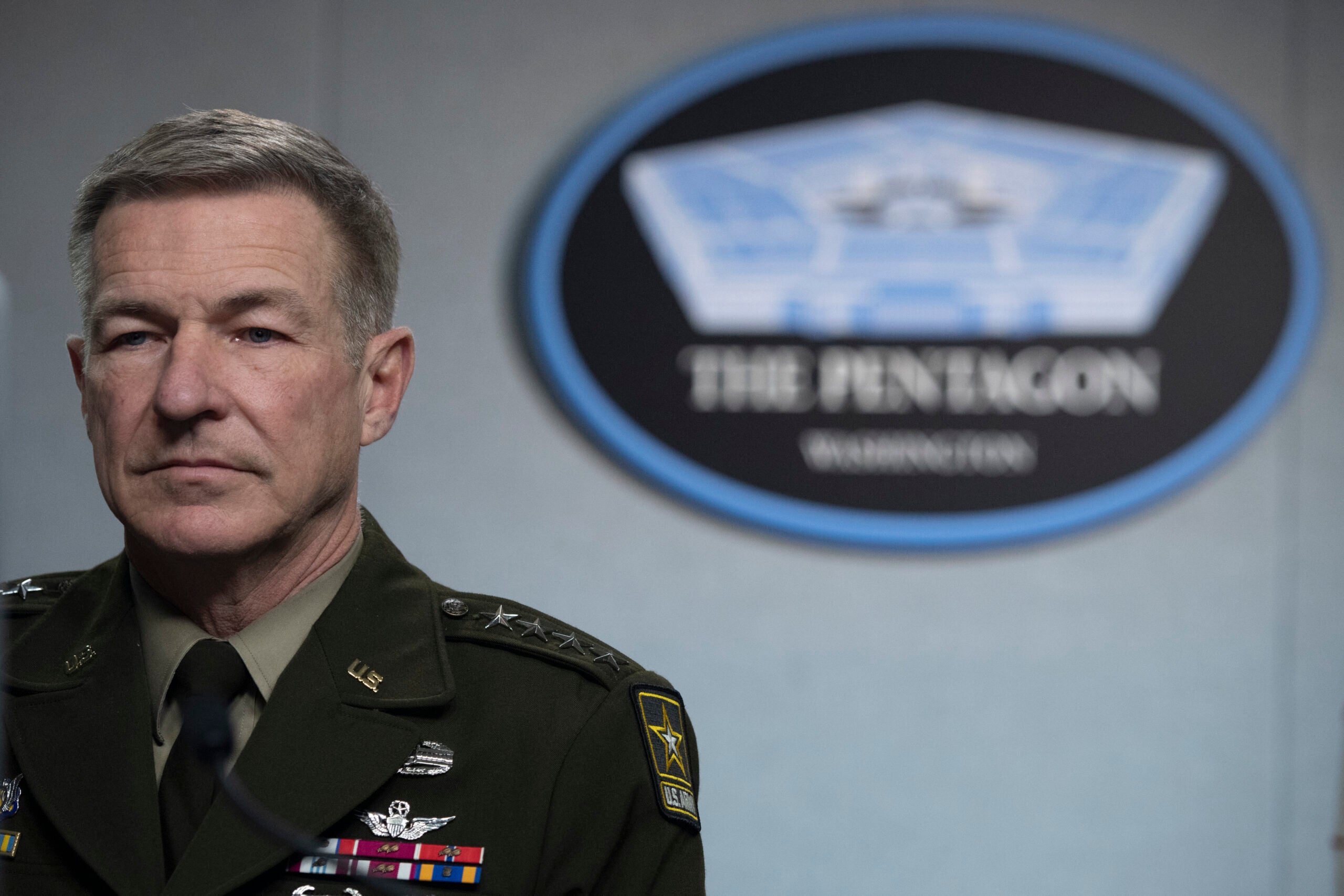Nicholas Charles Revello Plaintiff V.s Keren Laina Sangalaza Defendant
February 23, 2021
Veterans Day Message from President Trump
August 1, 2022
Navajo Code Talker Samuel Sandoval dies
August 1, 2022
Secretary of Defense Lloyd J. Austin III emphasized the history that South Korea and the United States share as he welcomed South Korean National Defense Minister Lee Jong-sup to ...
Secretary of Defense Lloyd J. Austin III hosted a visit by Italian Minister of Defense Lorenzo Guerini today at the Pentagon. The two defense leaders discussed the U.S. and Italian ...
The meeting between Secretary of Defense Lloyd J. Austin III and Australian Deputy Prime Minister and Defense Minister Richard Marles was more of a family reunion than a strategic ...
Secretary of Defense Lloyd J. Austin III continued discussions with NATO Secretary General Jens Stoltenberg as the alliance faces challenges from Russia and the need to agree on a ...
Secretary of Defense Lloyd J. Austin III and the Slovak Defense Minister Jaroslav Nad' discussed relations between the two NATO allies and the best way ahead for their bilateral partnership. ...
Single Judge Application; reason and bases; Dela Cruz v. Principi, 15 Vet.App. 143, 149 (2001); failure discuss all the evidence favorable to a claimant; Gabrielson v. Brown, 7 Vet.App. ...
Single Judge Application; the Board did not discuss the veteran’s contention that the RO’s request improperly described the contents of the record, constrained the August 2012 VA expert’s view ...
Secretary of Defense Lloyd J. Austin III welcomed NATO Secretary General Jens Stoltenberg to the Pentagon for discussions on the future of the alliance. Austin thanked the secretary general ...
Single Judge Application; Wise v. Shinseki, 26 Vet.App. 517, 531 (2014); apply the correct standard of proof for determining that issue; The examiner rejected the scientific evidence because it ...
Deputy Defense Secretary Kathleen H. Hicks met with U.K. National Security Advisor Sir Stephen Lovegrove to reaffirm the U.S.-U.K. bilateral relationship between the United States and the United Kingdom, ...
198 Veterans News - Copyright AllRights Reserved.
:quality(70)/cloudfront-us-east-1.images.arcpublishing.com/mco/T56ADX64ANDYNP5MWRKCULXRZA.jpg)



:quality(70)/cloudfront-us-east-1.images.arcpublishing.com/mco/QBYJTGYCQBHSVITAL32RAO7HAA.jpg)




:quality(70)/cloudfront-us-east-1.images.arcpublishing.com/mco/YVREBMCGTNFNTI6PSBKVQDR7CU.jpg)

